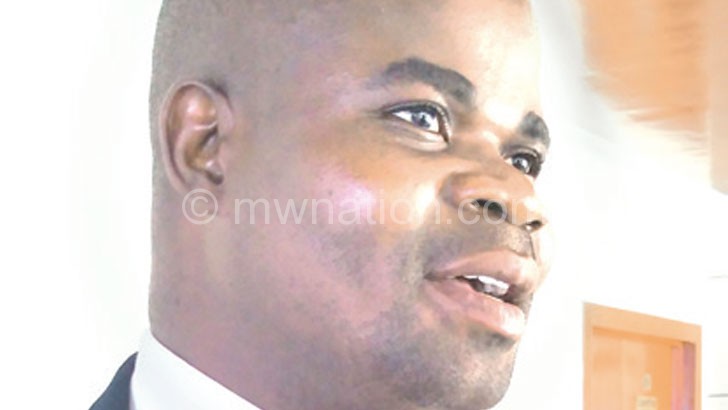MPs move to corner presidents
Parliament’s Legal Affairs Committee has proposed to add a Standing Order to parliamentary rules of procedure to compel the country’s President to answer questions from legislators in the National Assembly.
Standing Order 70 as read together with Section 89(4) of the Constitution requires the President to appear before Parliament to answer questions, but Standing Order 201 is specific that it is only questions pertaining to the opening of the budget which a Head of State cannot delegate.
But now Parliament wants to quash Standing Order 201 so that the President appears in Parliament in person to answer all questions which may be asked of him/her.

The committee has proposed that the President should be asked five questions and five supplementary questions on a Wednesday for one hour and 45 minutes, which means Standing Order 70 (1 to 4), will be reviewed.
Committee vice-chairperson Maxwell Thyolera confirmed in an interview yesterday that reviewing Standing Orders was on the committee’s agenda for this week and Standing Orders 70 and 201 would be scrutinised.
He said: “Standing Orders did not have a specific one on the President answering questions outside the budget.
“Section 89 of the Constitution has two scenarios under which a president can come to answer questions, one before consideration of the official budget and another as prescribed by Standing Orders of Parliament or on a motion. However, the second scenario did not have a corresponding Standing Order outlining the procedure.”
But Malawi Law Society (MLS) has observed that additional Standing Orders would not compel the President to go to Parliament and respond to questions,
saying they would only provide more explicitly the times that the President can appear.
MLS secretary Khumbo Soko said in an interview on Wednesday that any Standing Orders would still have to yield to the constitutional provision, Section 89 (4) and Section 89 (3).
He said: “But our position has been that there is a need for sobering up of those in power so they should realise that appearing in Parliament is not there to punish them. They should look at the general spirit of the Constitution and realise it is not a bad thing.”
If adopted by the whole House, the additional Standing Order will require the President to appear in Parliament to answer any questions that may be put to him.
During the Mid-year Budget Review Meeting of Parliament in March this year, four members of Parliament, (MPs), notably leader of opposition Lazarus Chakwera, Mzimba South-West MP Khumbo Kachali (People’s Party-PP), Rumphi East MP Kamlepo Kalua (PP) and Nkhotakota South East MP Everson Makowa Mwale (Malawi Congress Party-MCP) asked the President questions through the office of the Speaker, but President Peter Mutharika opted to delegate.
Chakwera withdrew his question, insisting that it was not addressed to Cabinet ministers who the President delegated.
Section 89 (4) of the Constitution requires the President to appear before Parliament and answer questions as it reads: “The President shall be called to Parliament to answer questions at such times as may be prescribed by the Standing Orders of Parliament or a motion.”
It is Section 89 (3) [c] on which he cannot delegate which Mutharika used to decline to appear in Parliament because the questions were not related to the budget.
Thyolera said the President, as custodian of the Constitution, would have to respect the provision and comply with the Standing Orders as proposed and adopted later in the year.
The Standing Orders are undergoing a review just over two years after adoption which followed an exhaustive review.
Apart from sections relating to the President, the Legal Affairs Committee is also considering procedure for voting (SO 117), how electronic voting would be administered (SO 118) and whether political party whips should have access to results of secret ballot votes on request. n





